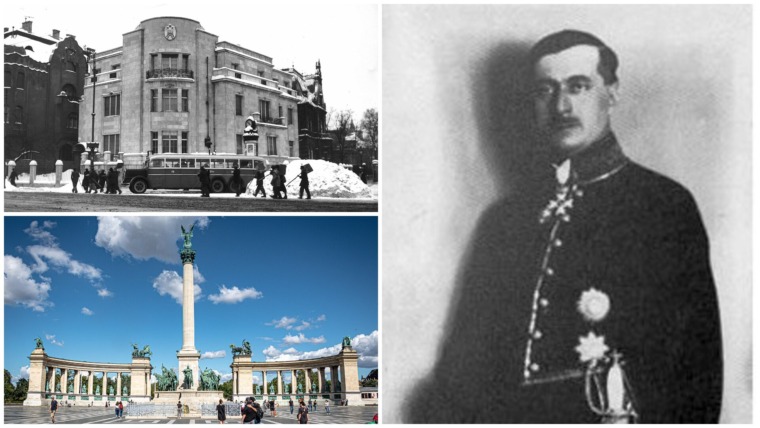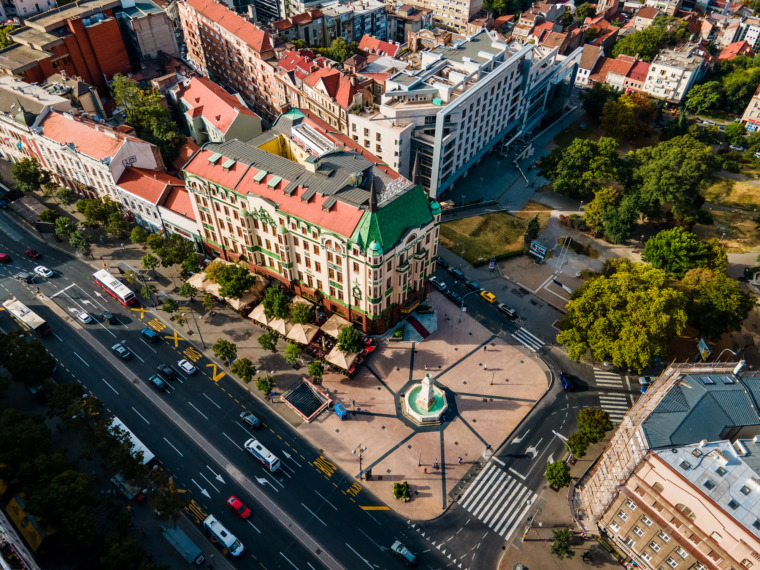
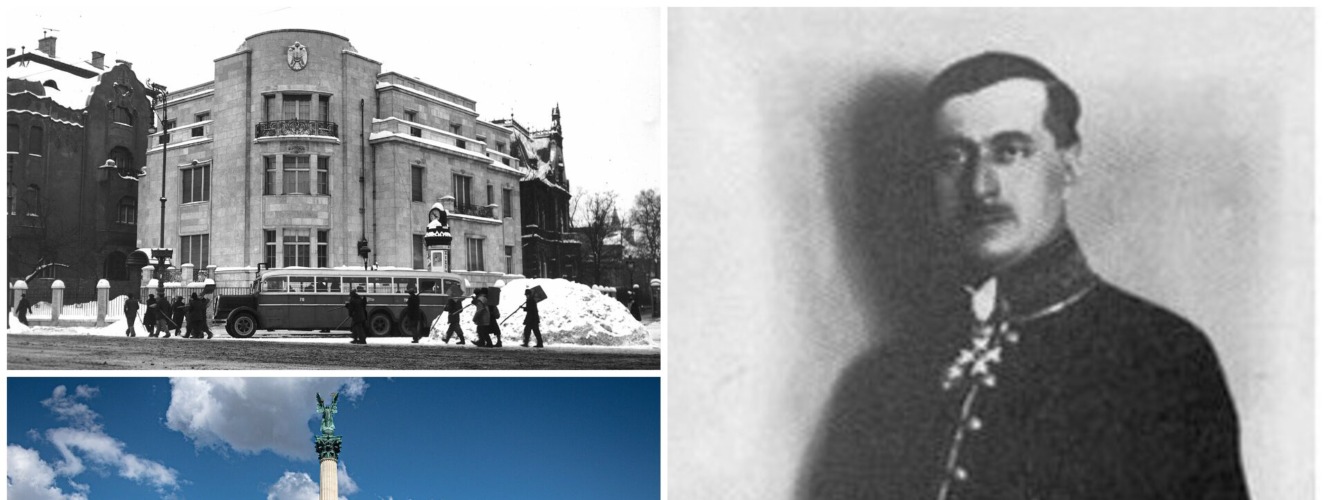
Across the magnificent Heroes’ Square in Budapest stands one of the most beautiful diplomatic buildings in the city — the Embassy of the Republic of Serbia. Yet, behind its elegant façade lies a story not of politics or diplomacy, but of love.
A Poet and a Countess
In the 1930s, the celebrated Serbian poet and diplomat Jovan Dučić was appointed to serve in Budapest as a representative of the Kingdom of Yugoslavia. Distinguished, eloquent, and refined, Dučić quickly became a figure of fascination in the city’s elite circles. There, he met a Hungarian countess — an intelligent and sophisticated woman whose heart he soon captured.
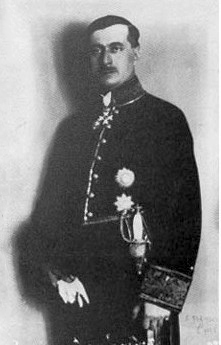

Their relationship, enveloped in discretion and admiration, grew into a deep affection. As the story goes, the countess, deeply moved by Dučić’s charm and intellect, decided to give him a palatial residence overlooking Heroes’ Square as a token of her love.
But Dučić, ever the gentleman and patriot, did something extraordinary — he gifted the building to his homeland, turning a romantic gesture into a lasting symbol of cultural and diplomatic friendship. That very building still serves as the Embassy of Serbia in Budapest today.
A Building with a View of History
Located on Andrássy Avenue, one of Budapest’s grandest boulevards, the embassy faces the iconic Heroes’ Square, framed by the Museum of Fine Arts and Vajdahunyad Castle.
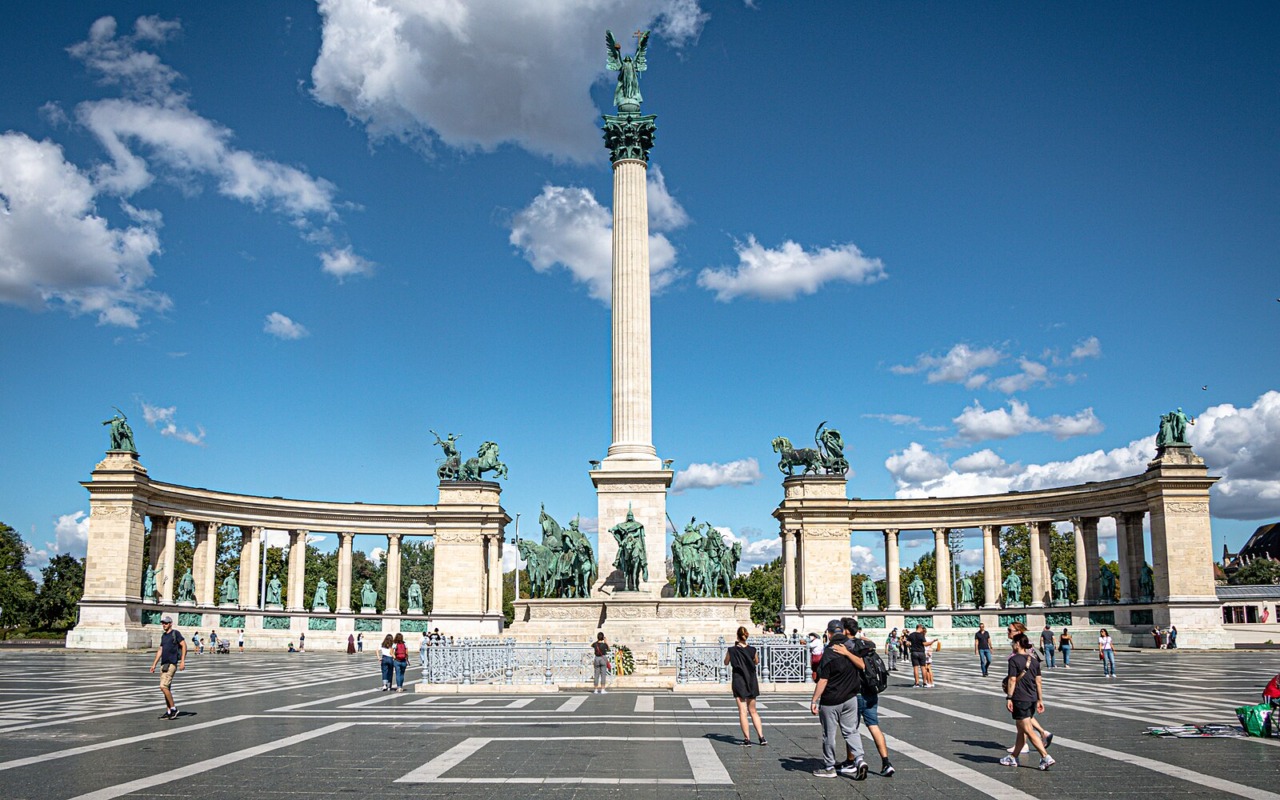
Its architecture reflects elegant 19th-century grandeur — high ceilings, decorative facades, and richly adorned interiors filled with art and period furniture. Inside, visitors can find works by both Serbian and Hungarian artists, as well as objects that remind us of Dučić’s refined taste and poetic spirit.
More Than Diplomacy
Today, the Embassy of Serbia in Budapest serves as more than a diplomatic mission. It’s a cultural bridge between two neighboring nations, hosting art exhibitions, literary evenings, and receptions celebrating the friendship between Serbia and Hungary.

Many visitors say that the building carries a special warmth — perhaps born from the love story that created it, or from the poetic presence that still seems to linger within its walls.
A Lasting Legacy
Few diplomatic residences in the world can claim such an origin — born of love, preserved through respect. The building remains property of the Republic of Serbia, a lasting tribute to the poet who turned a personal story into a national legacy.
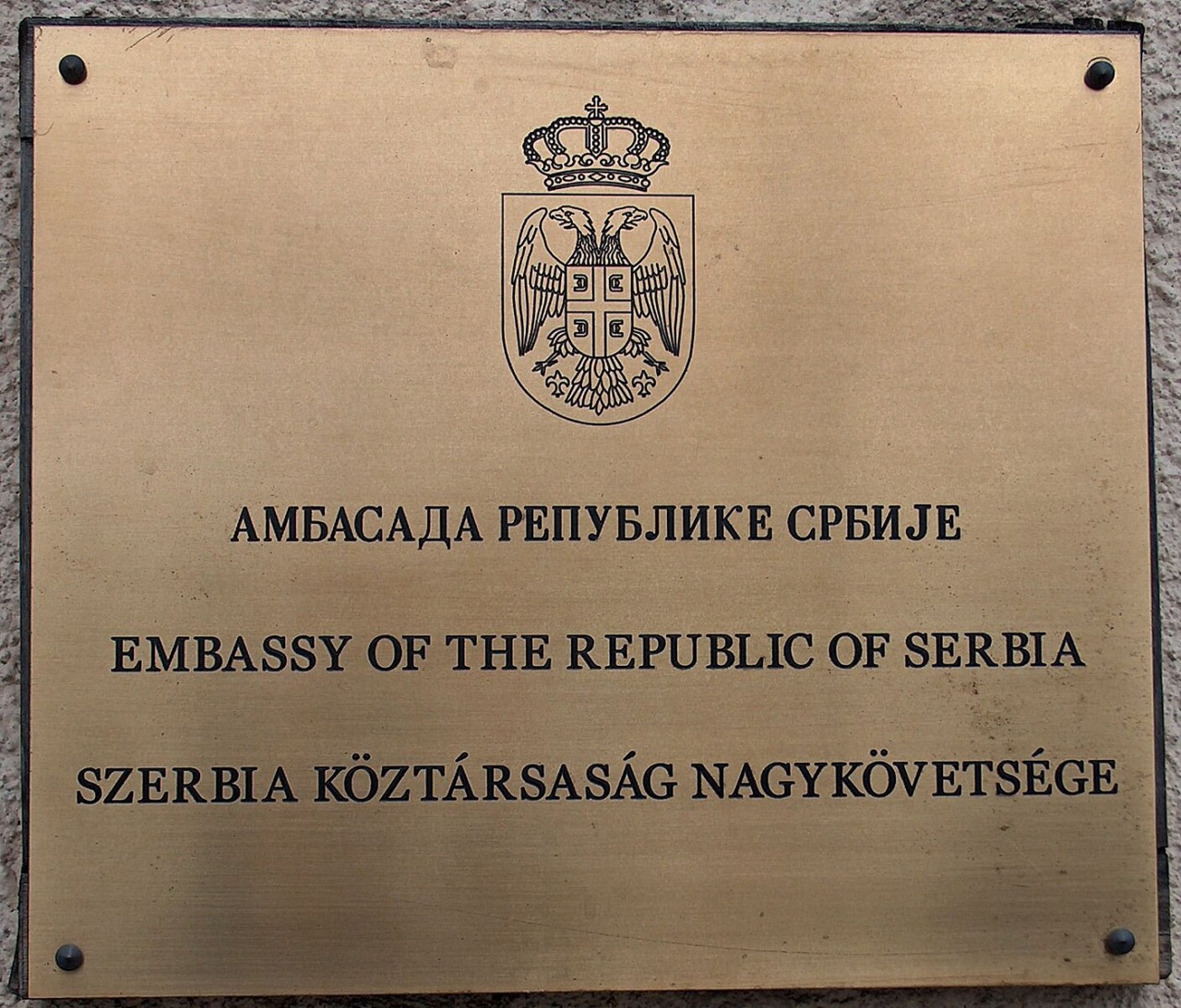
So, if you ever walk along Andrássy Avenue, stop for a moment across from Heroes’ Square. Look up at the embassy’s graceful windows and imagine Dučić and his Hungarian muse watching the same view — where poetry, diplomacy, and love became one.
Related Articles


Interesting Facts About Sretenje You May Not Know
February 16, 2026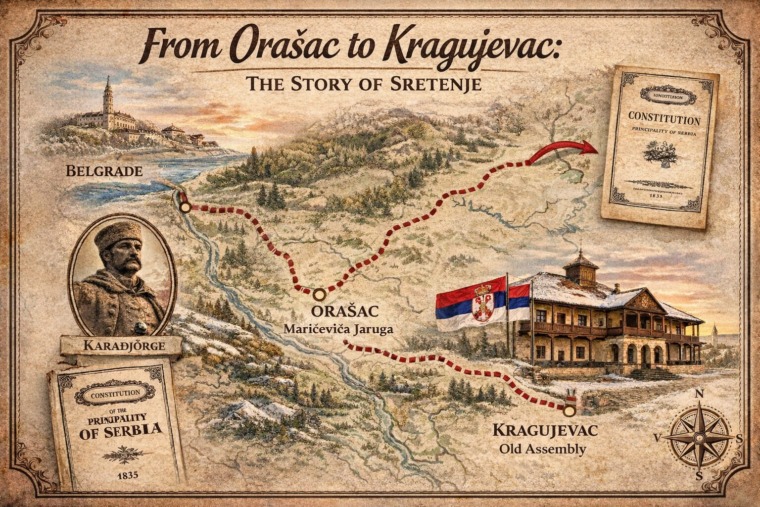
The Sretenje Route: A Guide to Serbia’s Historic Sites
February 15, 2026
The Belgrade Hand: A Bionic Pioneer from Serbia
November 27, 2025



